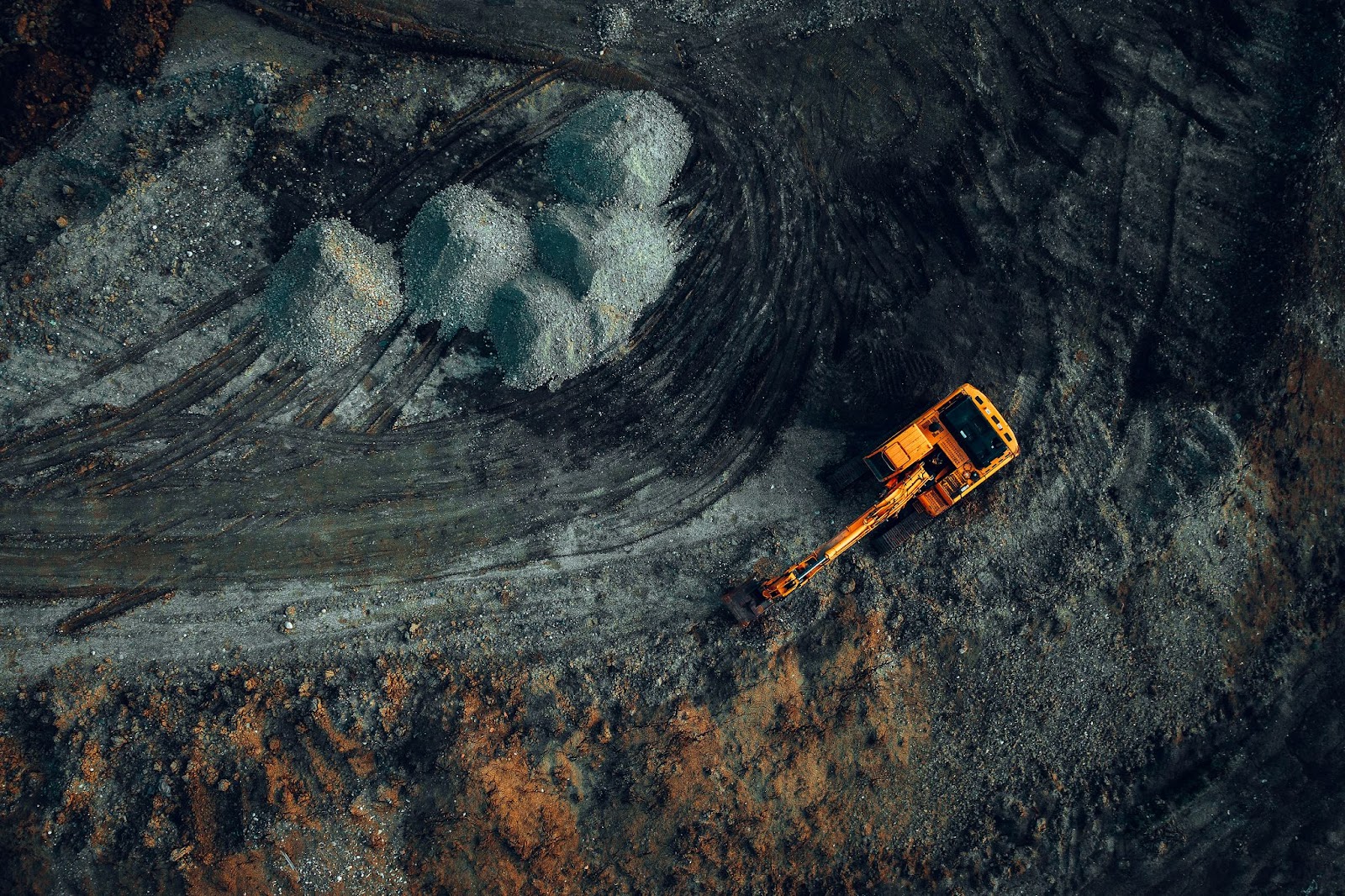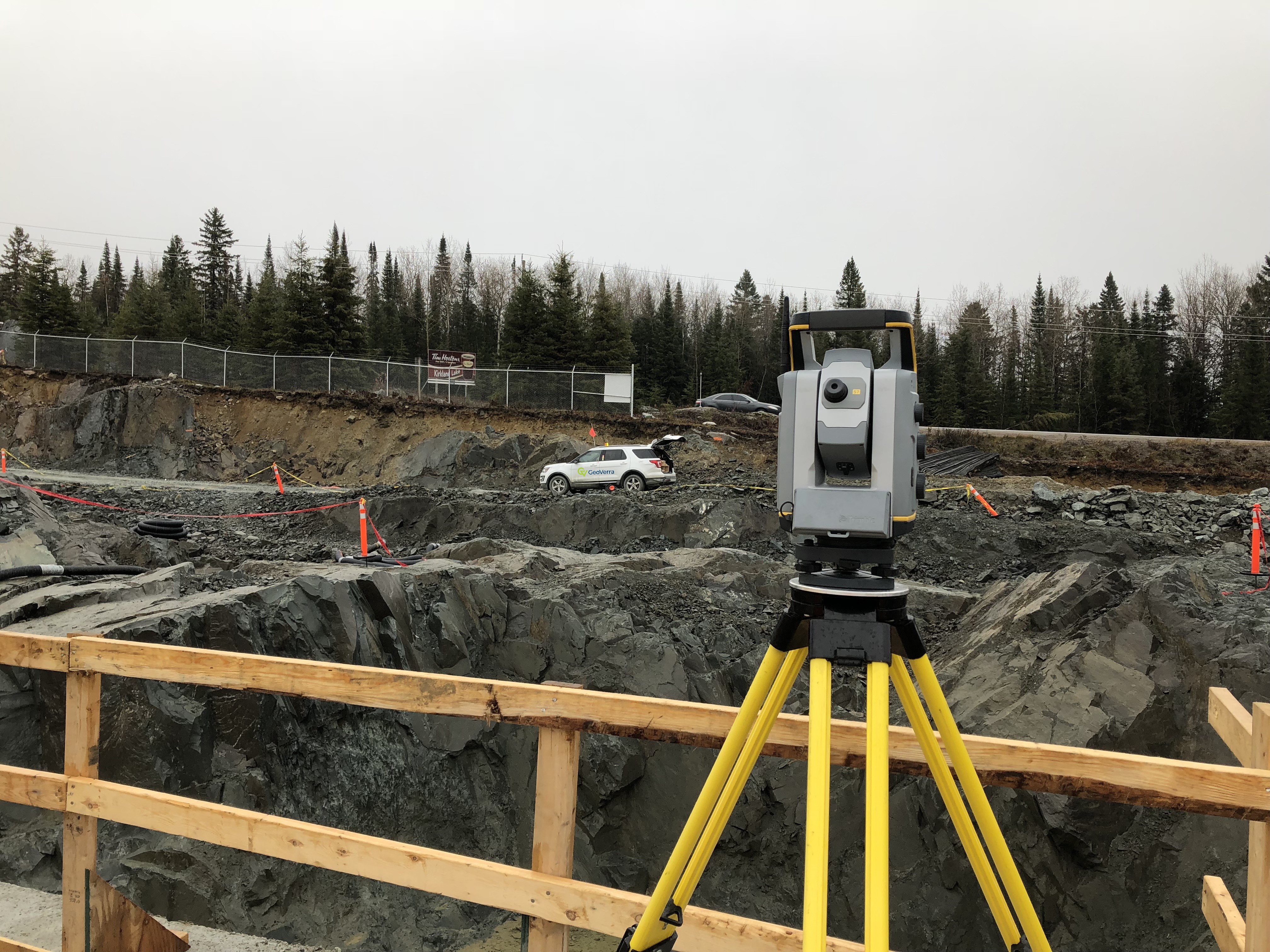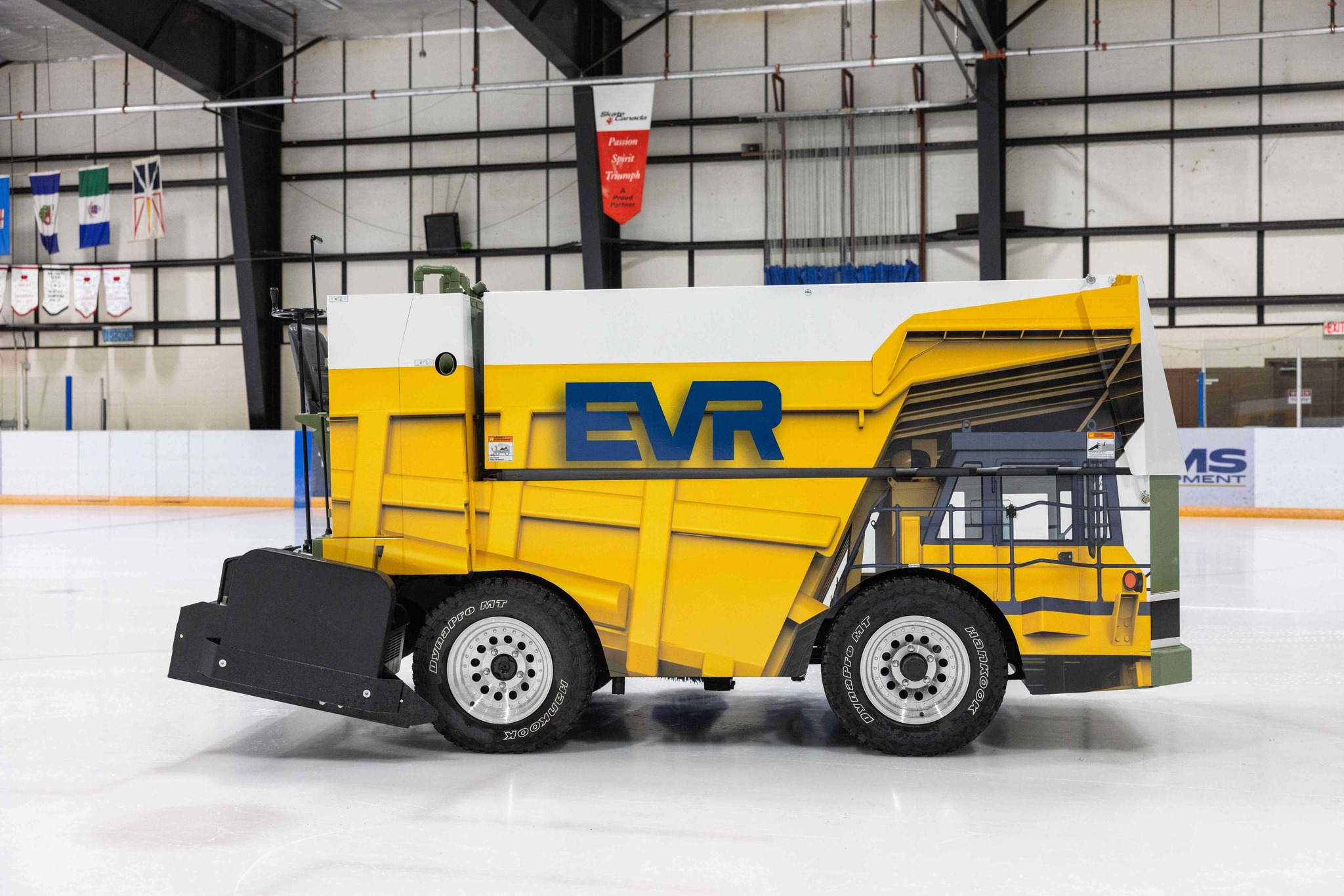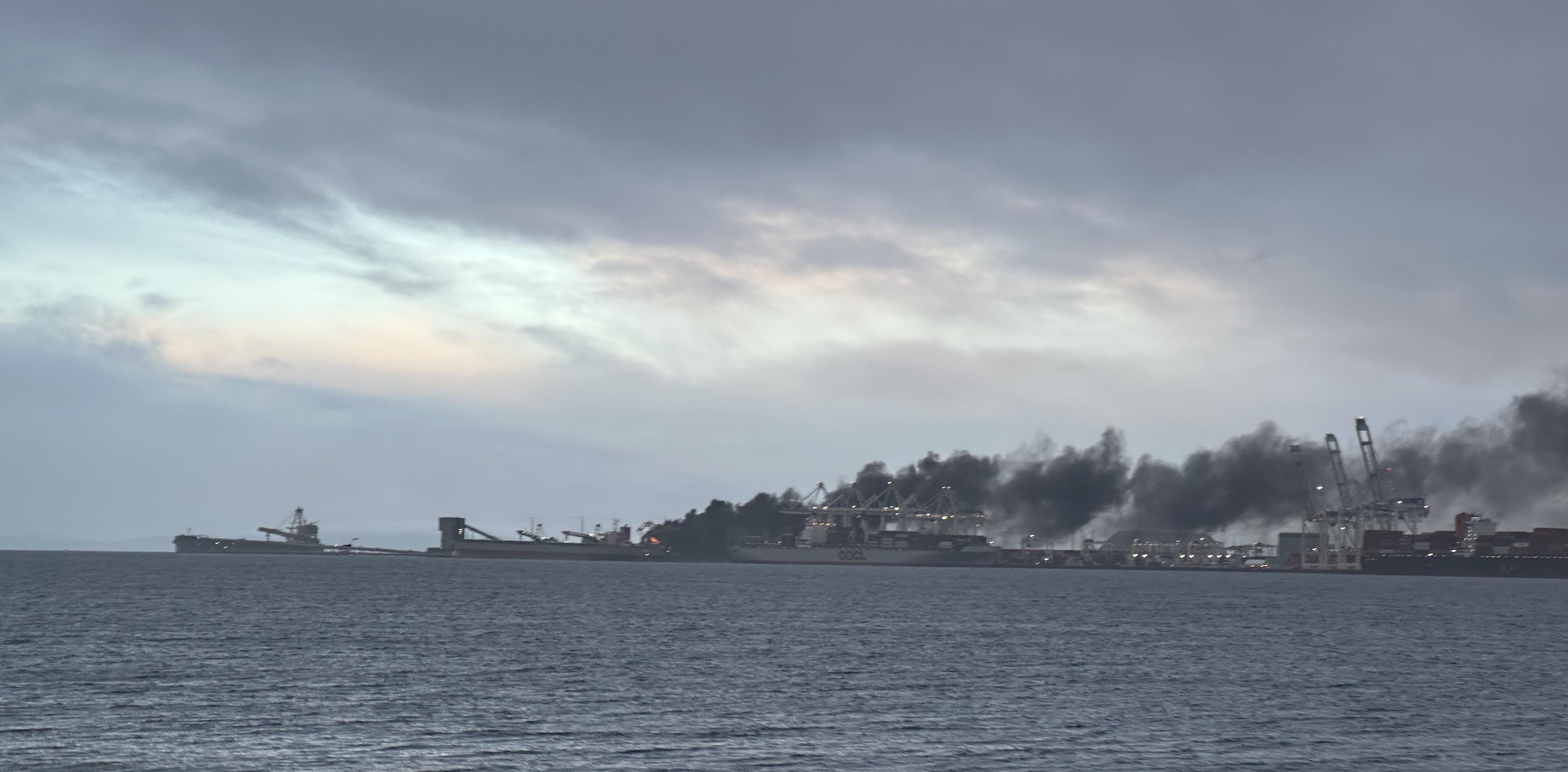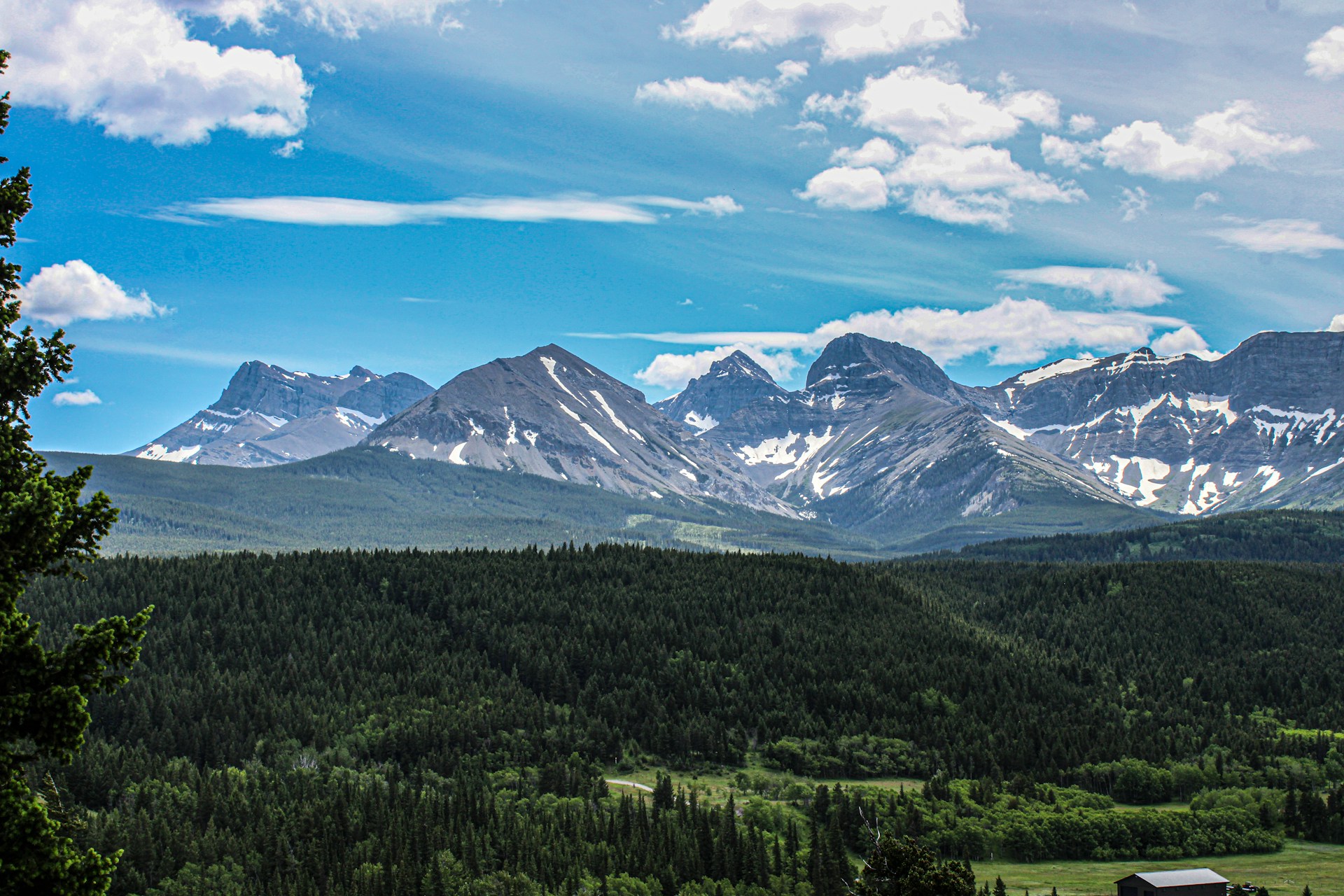New Geoscience BC Peace Project data key to water management and responsible resource development
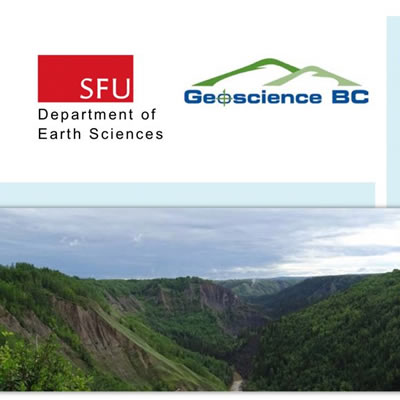
Geoscience BC's Peace Project report provides important data for groundwater management and responsible resource development in northeast BC. — Photo
Geoscience BC's Peace Project report provides important data for groundwater management and responsible resource development in northeast BC. — Photo courtesy Geoscience BC
The final report from Geoscience BC’s Peace Project has been released, providing important data for groundwater management and responsible resource development in northeast BC.
Produced by experts from Simon Fraser University, the report summarizes 16 pieces of research conducted since 2014 in a region where continuing oil and gas development means impartial, scientific data about groundwater is more important than ever before.
The report provides significant new knowledge about groundwater in the Peace region. It includes findings such as:
- Surface geology in the Peace Region is complex, and the depth of a layer of sediments covering bedrock varies significantly;
- sediments near the surface in the Peace region are not sufficiently interconnected over large areas with quantities of water suitable for industrial uses or as water sources for large communities;
- the networks of aquifers near the surface may be suitable for other uses, such as domestic water wells; and
- other water sources deeper in the bedrock may be suitable for such uses, but further research is required.
Throughout the Peace Project, researchers collaborated with a wide variety of organizations including government departments, community groups, First Nations, the energy sector and academia. This made it possible to adapt the research to suit the needs of different groups. For example, a helicopter survey to measure resistivity of rocks below was extended following feedback from several communities, and the project identified potential locations for drinking water for the Halfway River First Nation.
Geoscience BC will discuss the findings with collaborators over the coming months, culminating in a technical webinar in the fall. This process will include listening to ideas for potential future groundwater research, such as building a better understanding of deeper bedrock aquifers or extending research to other parts of the Peace region.
Carlos Salas, Executive Vice President and Chief Scientific Officer, Geoscience BC said: “The Geoscience BC Peace Project final report is the culmination of four years of hard work by so many people. For the first time we have regional baseline knowledge about groundwater in the Peace region. It will inform decisions and I look forward to it guiding additional research in the future.”
Ken Paulson, Executive Vice President, Chief Operating Officer, BC Oil and Gas Commission said: “This study provides valuable data over a large area that is useful for understanding aquifer systems in the Peace region. It supports application reviews for groundwater authorizations and the long term sustainable use of groundwater in the region.”
Joel McKay, CEO, Northern Development Initiative Trust said: “Natural gas development is an important industry for the economic growth of the Northeast. Studies like this are critical for providing government and industry with data needed to make informed decisions for sustainable resource development and groundwater protection. We look forward to seeing how the communities in the Peace can utilize this data for community and economic benefit.”
The Peace Project was supported by partners including the Ministry of Forests, Lands and Natural Resource Operations and Rural Development, the Ministry of Environment & Climate Change Strategy, the BC Oil & Gas Commission, the Ministry of Energy, Mines, & Petroleum Resources, Progress Energy Canada Ltd., ConocoPhillips Canada, Northern Development Initiative Trust, and the BC Oil & Gas Research and Innovation Society.
Valuable input was also received from Doig River First Nation and Halfway River First Nation. The project had additional support from the Peace River Regional District and the Canadian Association of Petroleum Producers (CAPP), and was one of the projects supported by the Northeast Water Strategy.
The Project also involved collaboration with Simon Fraser University, the University of British Columbia, Quaternary Geosciences Inc., Bemex Consulting International, Aarhus Geophysics ApS, Petrel Robertson Consulting Ltd., SkyTEM Surveys ApS, and the Geological Survey of Denmark and Greenland.
To view all reports and data from Geoscience BC’s Peace Project, visit the project page or view the information on Geoscience BC's Earth Science Viewer online mapping application.
View project page and Earth Science Viewer.
Geoscience BC is an independent, non-profit organization that generates earth science information in collaboration with First Nations, local communities, governments, academia and the resource sector. Our independent earth science enables informed resource management decisions. You can view a copy of the Geoscience BC Strategic Plan 2018-2022 here: http://www.geosciencebc.com/s/OurPlan.asp
Geoscience BC gratefully acknowledges the financial support of the Province of British Columbia.
